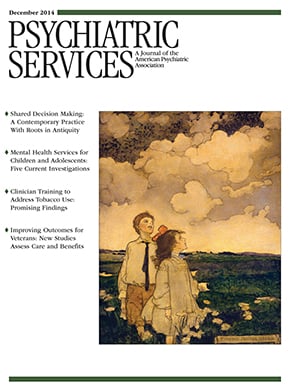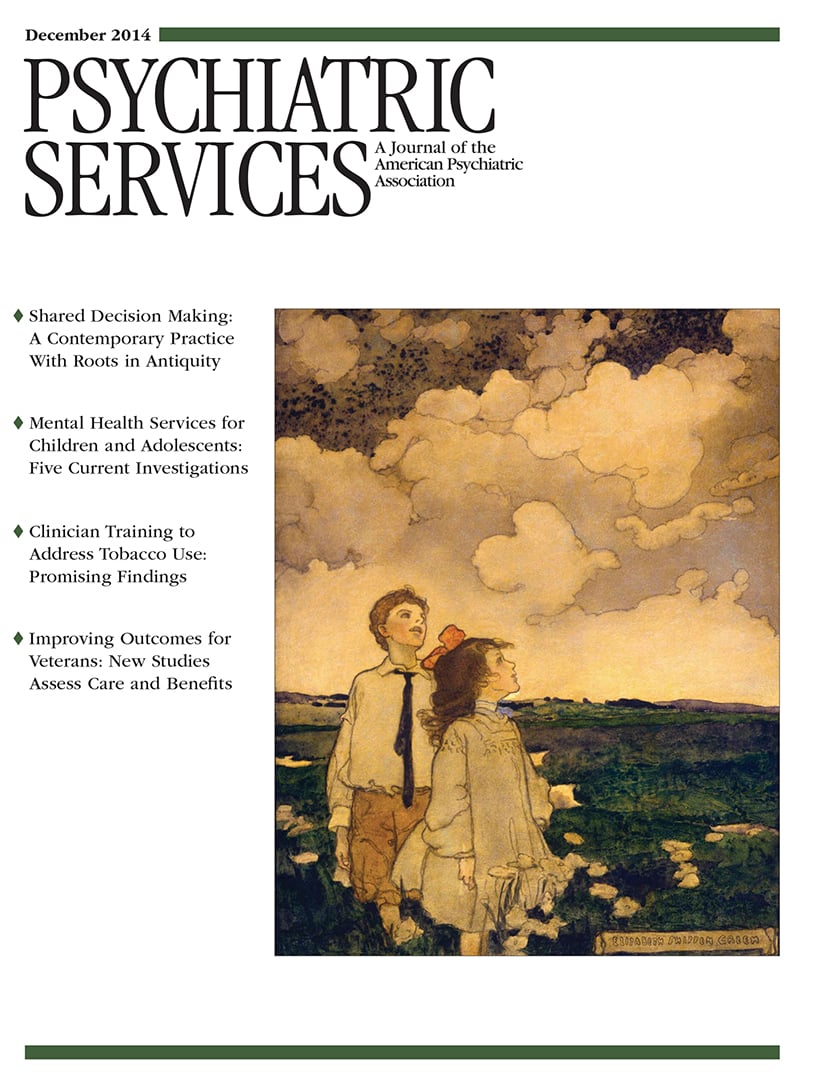To the Editor: A number of factors contribute to a severe and persistent shortage (
1) of psychiatrists in rural areas: a nationwide shortage, noncompetitive salaries, “difficult” patients in “stigmatized” (
2,
3) institutions, and professional isolation. New trends suggest a solution: an excess of qualified residency applicants (including U.S. citizens), partnerships between rural agencies and academic medical centers (AMCs), and hospitals’ openness to alternate funding sources as a result of being forced to decrease residency size due to financial restraints.
We propose a novel rural-academic partnership. First, a rural agency, such as a state hospital, county clinic, or a consortium, creates a rural Center of Excellence (rCOE) and partners with an AMC. The AMC recruits residents into a new, externally funded “rural public psychiatry” track; in each of the four years, this track provides three to four months of training at the rCOE in a variety of settings (for example, inpatient, day treatment, and outpatient), including experience with telepsychiatry (
4). Supervision is provided by AMC faculty and an onsite supervisor when available. The resident telecommutes to classes and grand rounds, and clinical staff on site benefit from these educational experiences as well. The resident enjoys the same training as all others in the program, except when he or she is at the rural site.
The rCOE supports resident salaries, perhaps through grants, state support, an unfilled item in its budget, or decreased use of expensive locum tenens. For a four-year investment, the rCOE gets a superbly trained psychiatrist who is likely board certified (a rarity in rural areas) and who provides education to all rCOE clinicians, thereby improving quality and decreasing professional isolation. The graduate, who would have been unmatched without the new slots funded for four years by the rCOE, is obligated to work for five years at the rCOE. Appointed to the clinical faculty, he or she becomes an onsite supervisor and teacher in the rural curriculum and spends one day a month at the AMC to maintain relationships, serve on committees, teach, and collaborate on research. Having invested nine years in an enriched rural environment and now with an important academic role, it is likely that the individual will feel some comfort and ownership and stay there for the long term rather than leave as soon as the mandatory period ends. Breach-of-contract penalties, buyout provisions, and salary are stipulated in advance.
Rural state hospitals would find this model particularly attractive because they could recruit one person per year. Graduates would become staff psychiatrists and supervisors of the next five generations of rural-track residents. After nine years, there could be a vibrant group of five rCOE faculty working with four trainees—a potential site for clinical innovation and research.
Because voluntary solutions have failed, this model builds on the Maryland Plan’s successes (
3,
5) by adding a reciprocal element patterned after that used by the Armed Forces or the National Health Service. It has the potential for seeding rural sites with psychiatrists who are superbly trained at AMCs, remain close to these sites (thereby replacing isolation with excitement), and are actively invested in serving their rural communities.
Acknowledgments and disclosures
George Blakeslee, M.S.W., was instrumental in developing and nurturing some of these ideas and turning them into actual programs.
Dr. Dewan is a consultant to Streuffert LLC. The other authors report no competing interests.

